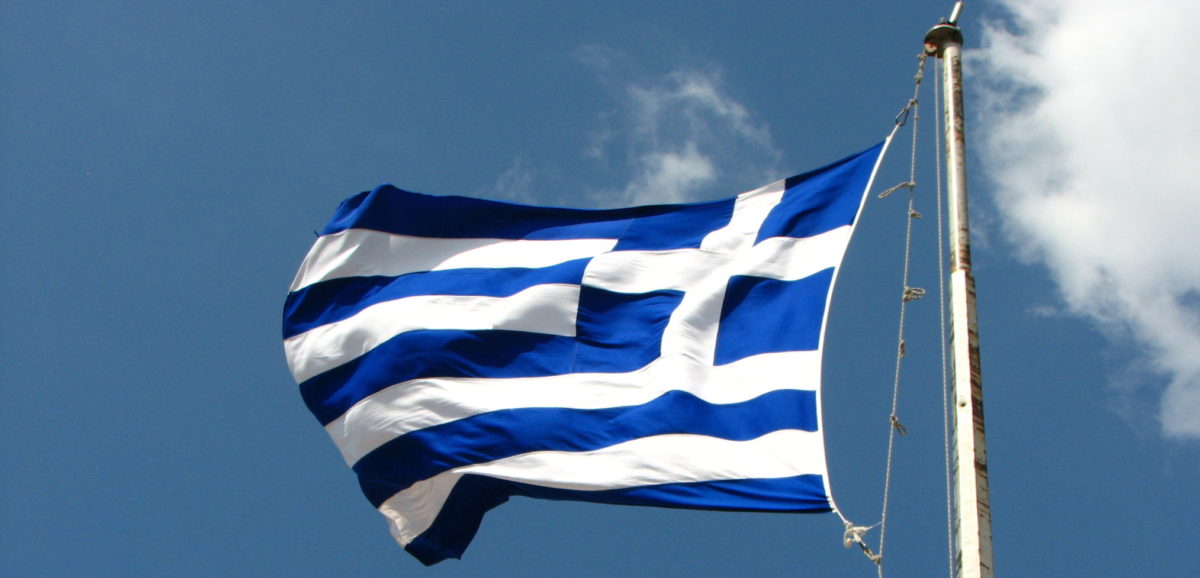Greece’s energy regulator, RAE, announced a new renewable energy tender master plan in 2018, making the case to auction off large quantities of solar PV and wind power capacity in the years up to 2020. This plan has recently been updated, under the direction of Greece’s Environment and Energy Ministry.
There have been several tender exercises in less than a year for different sizes of solar systems. Overall, Greece has tendered 546 MW of new solar PV capacity on three different occasions, none of which produced the best outcomes for consumers and the PV sector.
The first tender
The first PV tender in July 2018 included two different procurement exercises: first for projects up to 1 MW, and then for projects larger than 1 MW and up to 20 MW of capacity. The second category was very competitive, leading to tariffs as low as €0.06297/kWh. However, the first category led to very high tariffs, ranging from €0.07587 up to €0.08/kWh.
And this is where the problem lies. Egnatia Energy, a Greek firm, was assigned about 34 MW of capacity across 46 projects, out of a total of 53.48 MW awarded in this category. All of Egnatia’s project bids were done separately, but most of them comprise parts of single solar farms.
For example, there is a 9.5 MW solar farm located in St. Prodromos, in the Macedonia region, which bid as 13 separate projects. All of them secured a tariff of €0.079 per kWh.
If this solar farm had competed in the second category, for projects larger than 1 MW, then it would have been awarded a lower tariff. It would have received less money from Greek consumers and the country’s renewable energy fund.
The second tender
The second tender took place in December 2018, with the same two separate procurement exercises as in July 2018. In this case, however, RAE decided to retroactively cancel the procurement of large-scale PV projects.
The reason is that 15 large-scale projects approved by RAE to submit bids failed to do so. Consequently, RAE argued that the large-scale PV procurement exercise in December was not as competitive as it should have been. It therefore decided to scrap it.
Popular content
The third tender
The third time Greece auctioned PV capacity was in April, as part of the country’s first joint tender for both PV and wind power. PV developers won contracts for 377.78 MW of capacity, out of a total of 437.78 MW that was awarded. The lowest tariff that won a contract was €0.053/kWh — Greece’s lowest ever tariff awarded to a photovoltaic farm.
However, April’s procurement exercise saw the same bidding behavior as in the first tender. Specifically, Juwi Group’s three successful bids for 139.24 MW, 27.68 MW and 37.37 MW were part of a single 204 MW solar farm in Kozani, northern Greece. The German company has even boasted that it was “the largest solar park in Southeastern Europe.”
Takis Sarris, managing director of Juwi Hellas said in a press release: “Thanks to a very well-prepared and consistently implemented bidder strategy, not only we managed to bring our entire project volume through the auction, we also received the highest tariff of all the solar projects awarded.”
The regulatory response
The Greek regulator's response to these incidents has been inadequate. It hasn't explained, for example, why Greek consumers should buy electricity at high prices, when the same projects could bid for lower tariffs — if only they were not allowed to bid as separate entities.
There must be reasons why Greece has allowed bidders to adopt this tender strategy, as in other cases it has taken competition-related issues quite seriously (for example, cancelling large-scale procurement in the second tender or imposing extremely strict tender subscription rules).
Bidders will always seek the best bidding strategy to maximize their profits. In doing so, they also take risks. For example, when splitting their solar farms in smaller parts, they risk not having the entire farm win the tender.
The Greek institutions need to address these issues publicly and transparently. This is where the country lags behind. Greece will run its next solar energy tender on July 1, with plans to procure 300 MW of PV capacity, in projects of up to 20 MW in size. RAE has started the application process, with applications due by the end of this month.
This content is protected by copyright and may not be reused. If you want to cooperate with us and would like to reuse some of our content, please contact: editors@pv-magazine.com.


By submitting this form you agree to pv magazine using your data for the purposes of publishing your comment.
Your personal data will only be disclosed or otherwise transmitted to third parties for the purposes of spam filtering or if this is necessary for technical maintenance of the website. Any other transfer to third parties will not take place unless this is justified on the basis of applicable data protection regulations or if pv magazine is legally obliged to do so.
You may revoke this consent at any time with effect for the future, in which case your personal data will be deleted immediately. Otherwise, your data will be deleted if pv magazine has processed your request or the purpose of data storage is fulfilled.
Further information on data privacy can be found in our Data Protection Policy.